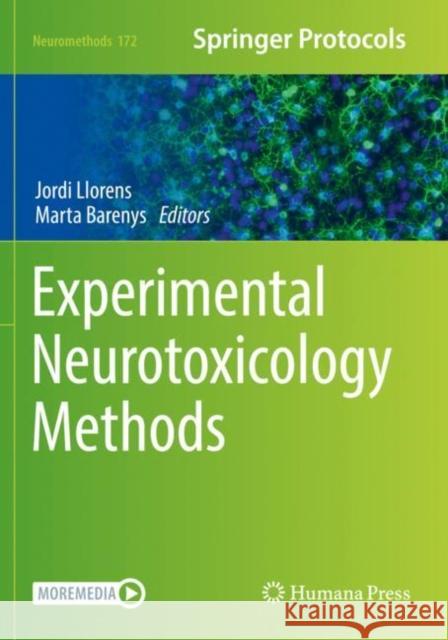Experimental Neurotoxicology Methods » książka
topmenu
Experimental Neurotoxicology Methods
ISBN-13: 9781071616390 / Angielski / Miękka / 2022
Experimental Neurotoxicology Methods
ISBN-13: 9781071616390 / Angielski / Miękka / 2022
cena 693,97 zł
(netto: 660,92 VAT: 5%)
Najniższa cena z 30 dni: 689,15 zł
(netto: 660,92 VAT: 5%)
Najniższa cena z 30 dni: 689,15 zł
Termin realizacji zamówienia:
ok. 20 dni roboczych.
ok. 20 dni roboczych.
Darmowa dostawa!
This volume explores the latest methods that seek to address the vital questions being asked in neurotoxicology research. The chapters in this book cover a variety of available methods from the molecular level to the organism level, and both in vitro and in vivo approaches, including alternative model organisms. In the Neuromethods series style, chapters include the kind of detail and key advice from the specialists needed to get successful results in your laboratory.
Cutting-edge and authoritative, Experimental Neurotoxicology Methods is a valuable resource for both young and experienced researchers who are looking for guidance to implement these methods in their laboratories or for understanding the data generated through these techniques.











